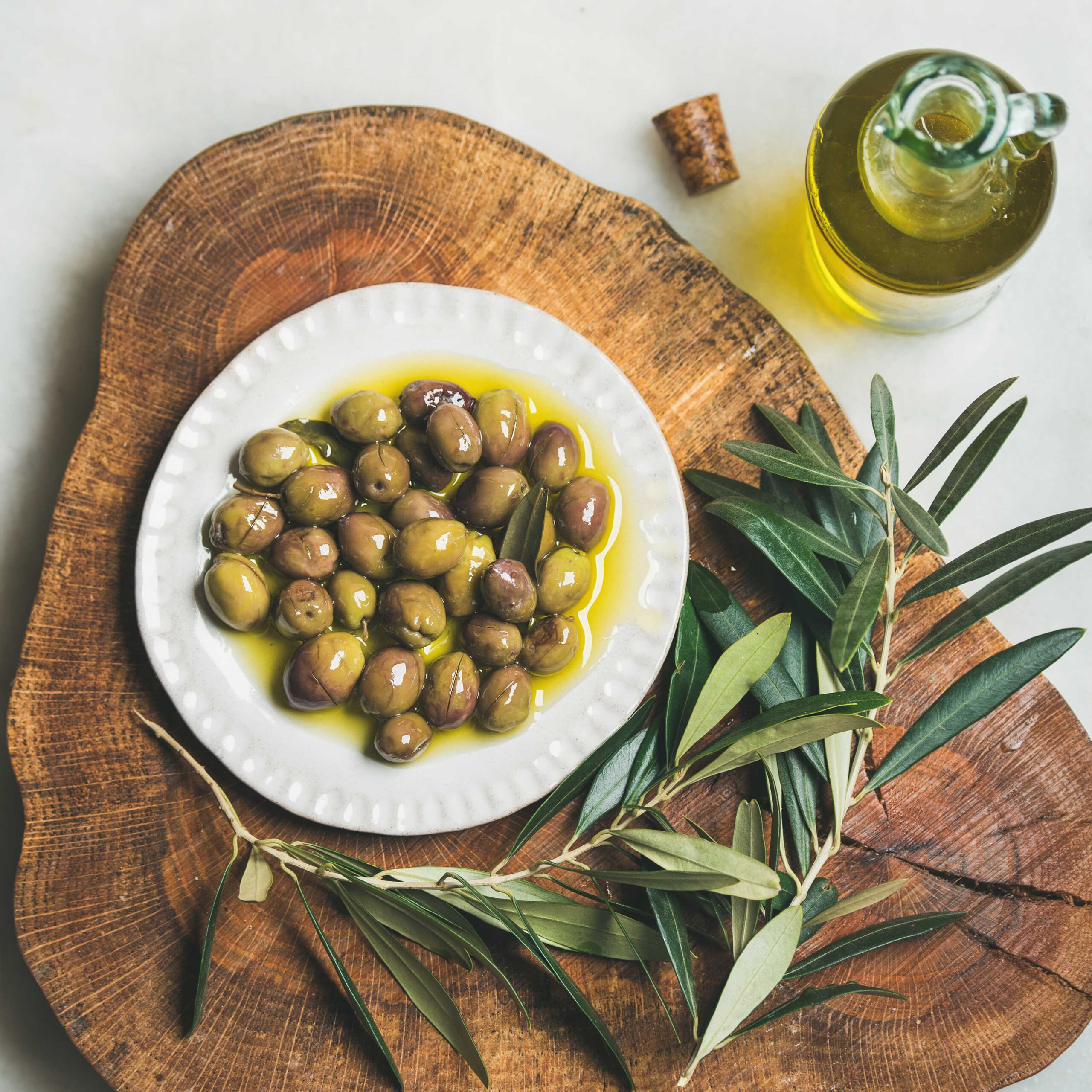Is the Word ‘Olive’ a Combination of ‘O’ and ‘Live’?
🌿 Introduction
Words often carry deep historical and linguistic roots, sometimes originating from ancient civilizations. However, in modern language, people occasionally see patterns or coincidences in words that seem to convey deeper meanings. One such case is the word ‘olive,’ which, when split, appears as ‘O’ and ‘live,’ leading some to speculate that it symbolizes life and vitality. But is there any truth to this idea? Let’s explore the linguistic and historical origins of the word ‘olive’ and whether it is truly a fusion of ‘O’ and ‘live.’
🟢 The True Origin of ‘Olive’
The word ‘olive’ does not originate from the English words ‘O’ and ‘live.’ Instead, its roots trace back to ancient languages:
- 🌍 Latin: The Latin word oliva refers to both the olive tree and its fruit. This is the direct ancestor of the English word ‘olive.’
- 🇬🇷 Greek: The Greek word elaia (ἐλαία) also referred to the olive tree and its fruit, influencing the Latin version. Ancient Greek culture heavily revered the olive tree, associating it with wisdom and victory, as it was sacred to the goddess Athena.
- 🌿 Semitic Languages: Older Semitic languages, such as Hebrew (zayit – זַיִת) and Phoenician, contributed to the spread of the term, as olives were a crucial part of trade and agriculture in the Mediterranean region. Some archaeological evidence suggests olive cultivation in these regions dates back over 6,000 years.
Clearly, the word ‘olive’ is derived from linguistic evolution rather than an intentional combination of English words.
🌟 Symbolism of the Olive
Although ‘olive’ is not a fusion of ‘O’ and ‘live,’ it is undeniably associated with themes of life, peace, and endurance:
- 💖 Longevity and Health: Olives and olive oil have long been associated with health benefits, supporting cardiovascular health, brain function, and longevity. Studies show that the Mediterranean diet, rich in olives, is linked to a 30% reduced risk of heart disease and a longer lifespan.
- ✌️ Peace and Prosperity: The olive branch is a well-known symbol of peace, dating back to ancient Greece and Rome, where it was offered to victorious athletes and used in diplomacy. The term “extending an olive branch” remains a universal metaphor for offering peace.
- 🌱 Sustainability and Resilience: Olive trees can live for centuries, even millennia, symbolizing endurance and strength across civilizations. Some olive trees in the Mediterranean region are estimated to be over 2,000 years old and still produce fruit.
These associations reinforce the idea that olives represent life, even if the word itself is not a constructed phrase meaning ‘O live.’
🎨 Why Do People See ‘O’ and ‘Live’ in ‘Olive’?
Humans are naturally inclined to find patterns and meanings in language, a phenomenon known as pareidolia—where we perceive familiar structures in random stimuli. The visual breakup of ‘olive’ into ‘O’ and ‘live’ may subconsciously suggest a positive and uplifting meaning. While coincidental, it aligns with the genuine symbolic importance of olives in history and culture.
Additionally, the phonetics of ‘olive’—soft vowels and smooth consonants—carry an inherently pleasant and natural sound, reinforcing the sense of vitality and harmony that people instinctively associate with it.
🏆 Conclusion
The word ‘olive’ is not a modern combination of ‘O’ and ‘live’ but rather a term with deep linguistic roots stretching back to ancient civilizations. While the phonetic coincidence is intriguing, its true significance lies in its historical and cultural meanings—symbolizing health, peace, and resilience.
Beyond its linguistic history, the olive tree and its fruit have played an irreplaceable role in human civilization, influencing diets, economies, and even religious traditions across cultures. Whether or not we see hidden messages in words, the 🌿 olive remains a timeless representation of vitality and endurance, a true gift of nature.













